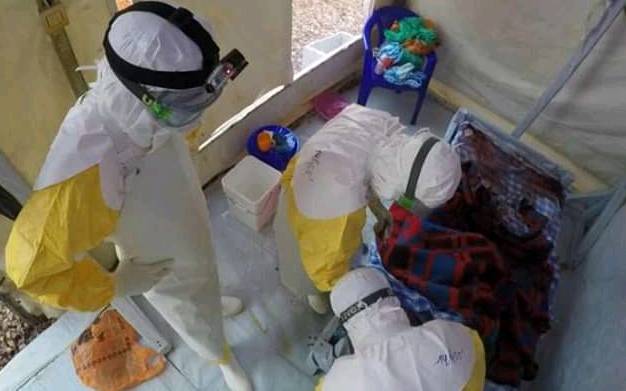×
The Standard e-Paper
Kenya’s Boldest Voice

A patient from Malaba in Western Kenya has been admitted to Kericho County Referral Hospital under isolation as the country remains alert following reported cases of Ebola deaths in Uganda.
The female patient said to be presenting Ebola-like symptoms was admitted to Siloam Hospital on Sunday night.